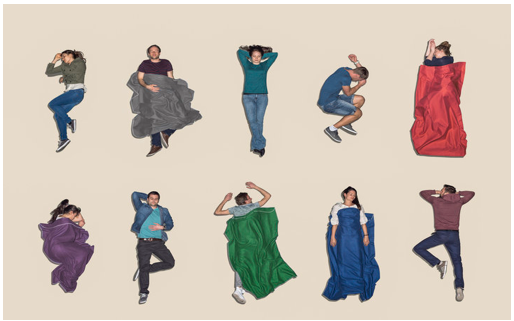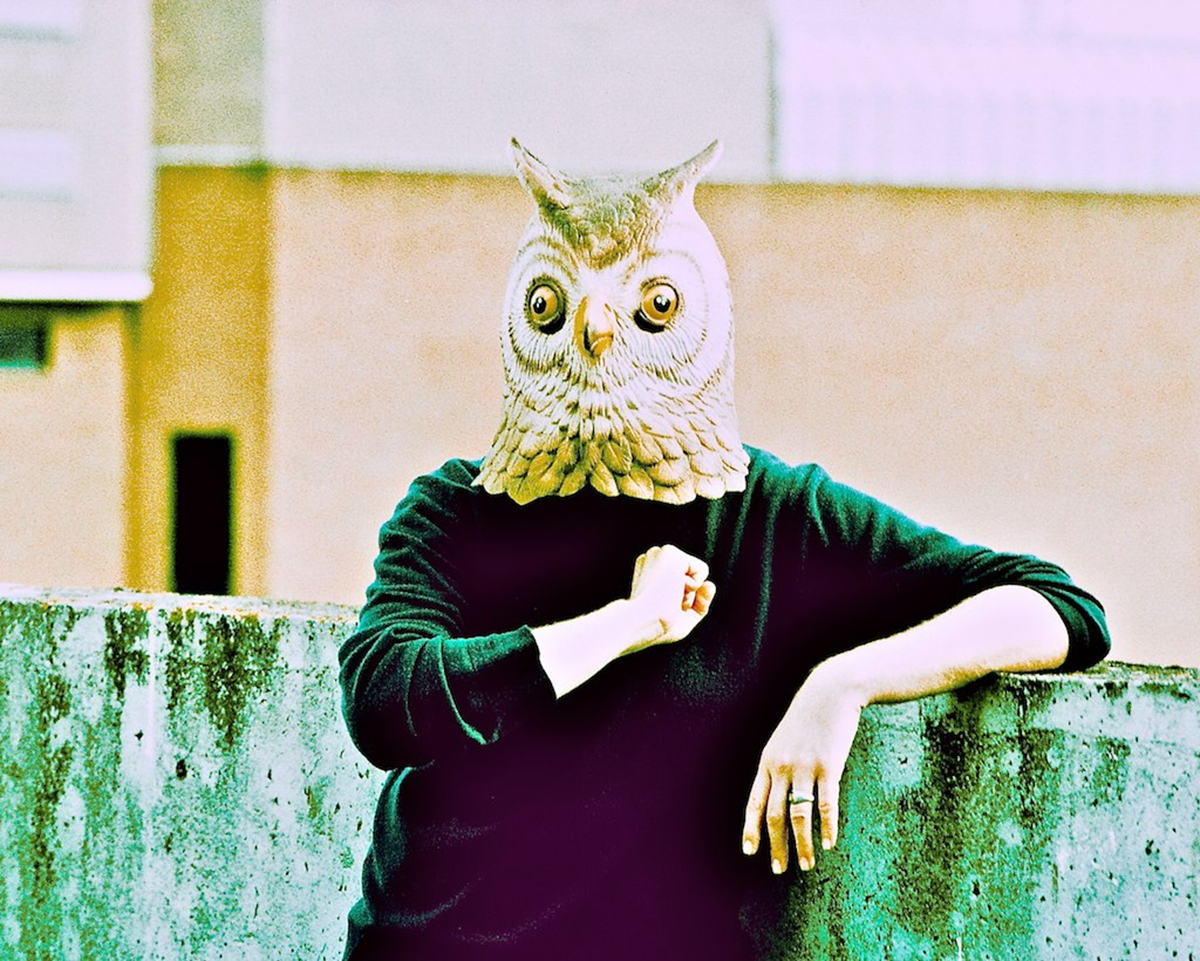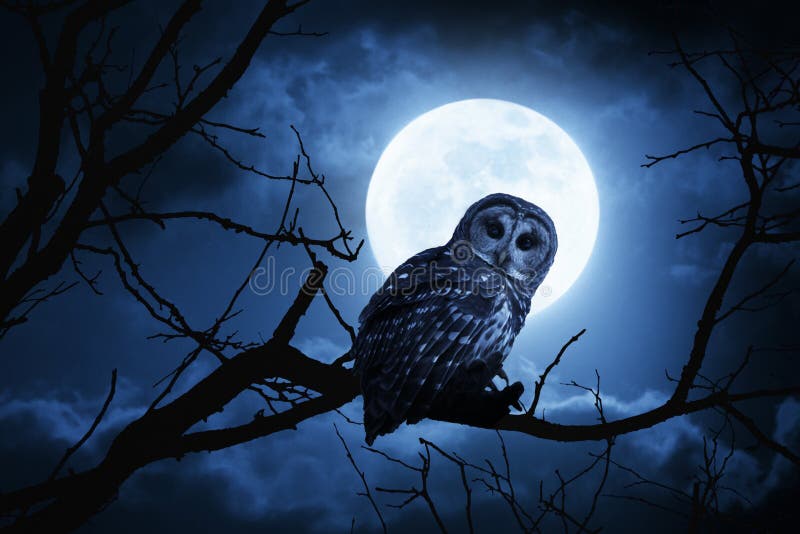
Still, while early birds might get the worms, night owls aren’t always left bereft. Young night owls might even have trouble adjusting to a fixed school schedule.Ī 2019 study suggested that night owls may face other disadvantages, too, including increased risk of mental health conditions and metabolic concerns. Since most of society is structured around a daytime schedule - like 9 to 5 workdays or daytime school and college classes - late risers might have a harder time holding a traditional job.


Michelle Worley, RN, director of clinical operations at Aeroflow Sleep, explains that the term “night owl” is inspired by the actual animal. Night owls, on the other hand, tend to rise late and stay up late, since they find they’re most productive during the later hours of the day. Most early risers enjoy waking up when the day is young and tend to fade quickly in the evening hours. There are two kinds of people in this world: people who delight in hearing birdsong first thing in the morning, and people who groan, and wish birds had a mute button.Įarly birds, also called morning larks, fall into the first category. The self-reported night owls in the study were also more likely to have depression, but again, the researchers couldn't show that being a night owl causes depression or vice versa.Share on Pinterest Single Fin Photo/Stocksy United However, there was one gene they found to be more common in evening people, known as the FTO gene, which has been linked to obesity. The scientists also noted that people who identified as morning people tended to have a lower body mass index (BMI) than night owls, but they weren't able to show that one caused the other. By contrast, self-described morning people were less likely to need more than eight hours of sleep, to sleep soundly, to sweat while sleeping, or to sleep walk.

Compared with morning people, people who self-identified as night owls (while not a truly objective measure) were almost twice as likely to suffer from insomnia and about two-thirds as likely to have been diagnosed with sleep apnea, a sleep disorder that causes you to repeatedly stop breathing while you sleep. And people over 60 (63.1 percent) were much more likely to prefer mornings than people under 30 (24.2 percent), which fits with previous research that found older people tend to rise earlier.īut that's not all. For example, more women (48.4 percent) than men (39.7 percent) said they were morning people. The findings revealed all sorts of interesting patterns. In this study, 23andMe's principal researcher David Hinds and his colleagues have done what's called a genome-wide association study (GWAS), where they looked at many different versions, or variants, of a gene to determine if any of them were linked to a specific trait – in this case, being a morning or evening person. Previous studies have found genes that may be linked to circadian rhythms in animals, but until now, there's hasn't been much research on how these genes determine preference for being an early or a late riser in people. These internal 'clocks' determine whether you have a preference for waking up early or staying up late – something scientists call your chronotype. Most living things, including people, live by natural 24-hour cycles called circadian rhythms. The findings, which were published Tuesday in the journal Nature Communications, could improve our understanding of how our bodily clocks work – both in healthy people and in those of us with sleep disorders.


 0 kommentar(er)
0 kommentar(er)
